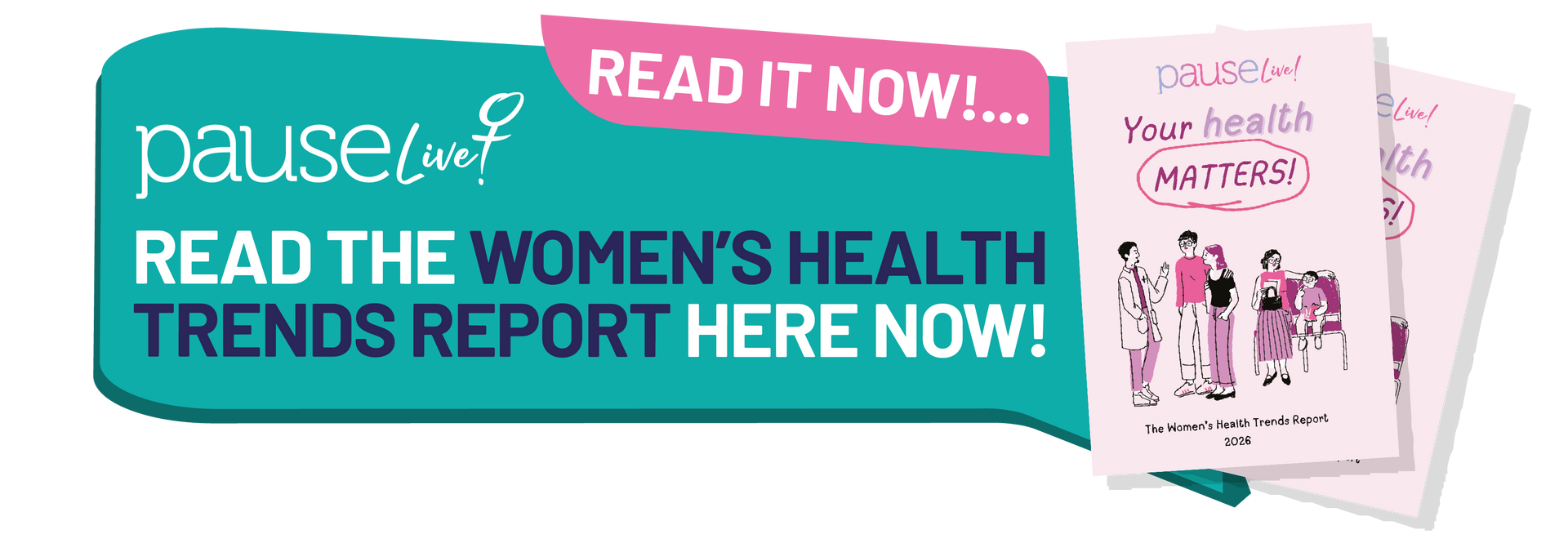Menopause and weight gain
Many women find that they put on weight when they are perimenopausal or menopausal. This can be upsetting, especially when it’s in addition to other challenging menopausal symptoms.
Why do we gain weight during menopause?
According to the NHS, women gain weight during the menopause as a result of fluctuating and falling hormone levels that can affect the way we store fat. We develop insulin resistance, which makes our bodies store rather than burn calories.
Additionally, muscle mass declines with age which slows your metabolism. Without regular exercise, it’s therefore likely that you’ll put on weight.
Other menopausal symptoms such as lack of sleep, hot flushes and low mood can make it harder to exercise and eat healthily, again contributing to weight gain.
Where do we put on weight during menopause?
Most menopausal women find that most of their weight gain is around their stomach, rather than spread evenly across our bodies. This is often referred to as the ‘middle-age spread’. Some women find that their body shape changes and they have to go up a dress size.
Some research has indicated that stomach fat accounts for 15-20% of peri/menopausal women’s total body weight, compared to just 5-8% in pre-menopausal women.
What can we do to manage weight during menopause?
Studies indicate that menopausal women need 200 calories less than we did previously, so eating less and adopting a more balanced diet can really help.
Aim to reduce your intake of processed foods and sugar, which are notorious for making you gain weight around our middles.
It’s also worth cutting the amount of alcohol you drink, which can cause you to gain weight and disturb your sleep, making menopausal symptoms worse.
Increasing exercise will help you lose weight and improve your overall health.
The NHS recommends:
- Strength activities that work all major muscle groups at least twice a week
- At least 150 minutes of moderate intensity activity a week or 75 minutes of vigorous intensity activity a week
- Spread


